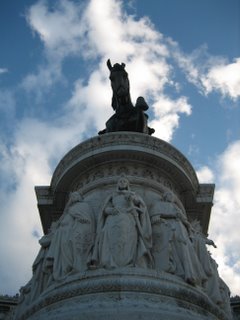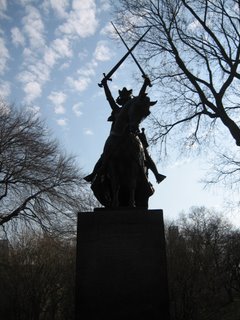A guest post by Andrew Errington
 When the author of the book of Kings described Solomon’s wisdom, he wrote this:
When the author of the book of Kings described Solomon’s wisdom, he wrote this:
“God gave Solomon wisdom and understanding beyond measure, and largeness of mind like the sand on the seashore, so that Solomon’s wisdom surpassed the wisdom of all the people of the east, and all the wisdom of Egypt [...]. He [...] uttered three thousand proverbs; and his songs were a thousand and five. He spoke of trees, from the cedar that is in Lebanon to the hyssop that grows out of the wall; he spoke also of beasts, and of birds, and of reptiles, and of fish.”
- 1 Kings 4:29-34.
It was neither his capacity to make difficult political decisions nor his legendary ability to justly judge the disputes that were brought before him that the author mentions to explain his wisdom. Rather, it was the way Solomon spoke of the natural world, especially, it seems, trees.
I find this delightful. I like trees and have done so since I climbed the liquid amber in our front yard, wandered through aging poplars with my Grandfather, and discovered stands of bluegums in a quiet valley.
But more than that, this brief mention is a reminder of something that has been central to
Nothing New Under the Sun: the created world is not incidental or unimportant in God’s purposes. We are not being saved
from this world of coolabahs and cedar and kangaroos and kingfishers, but
for it [ed: and
with it!]. So it makes sense that at the heart of Solomon’s wisdom was reflection on God’s good world. He spoke of trees.
Ten points for the country in the pic. No posting this weekend as I will be away. Thanks to Andrew Errington for this post. He is also known as "andrewe" in comments.
UPDATE: Andrew has now started his own blog here.

















